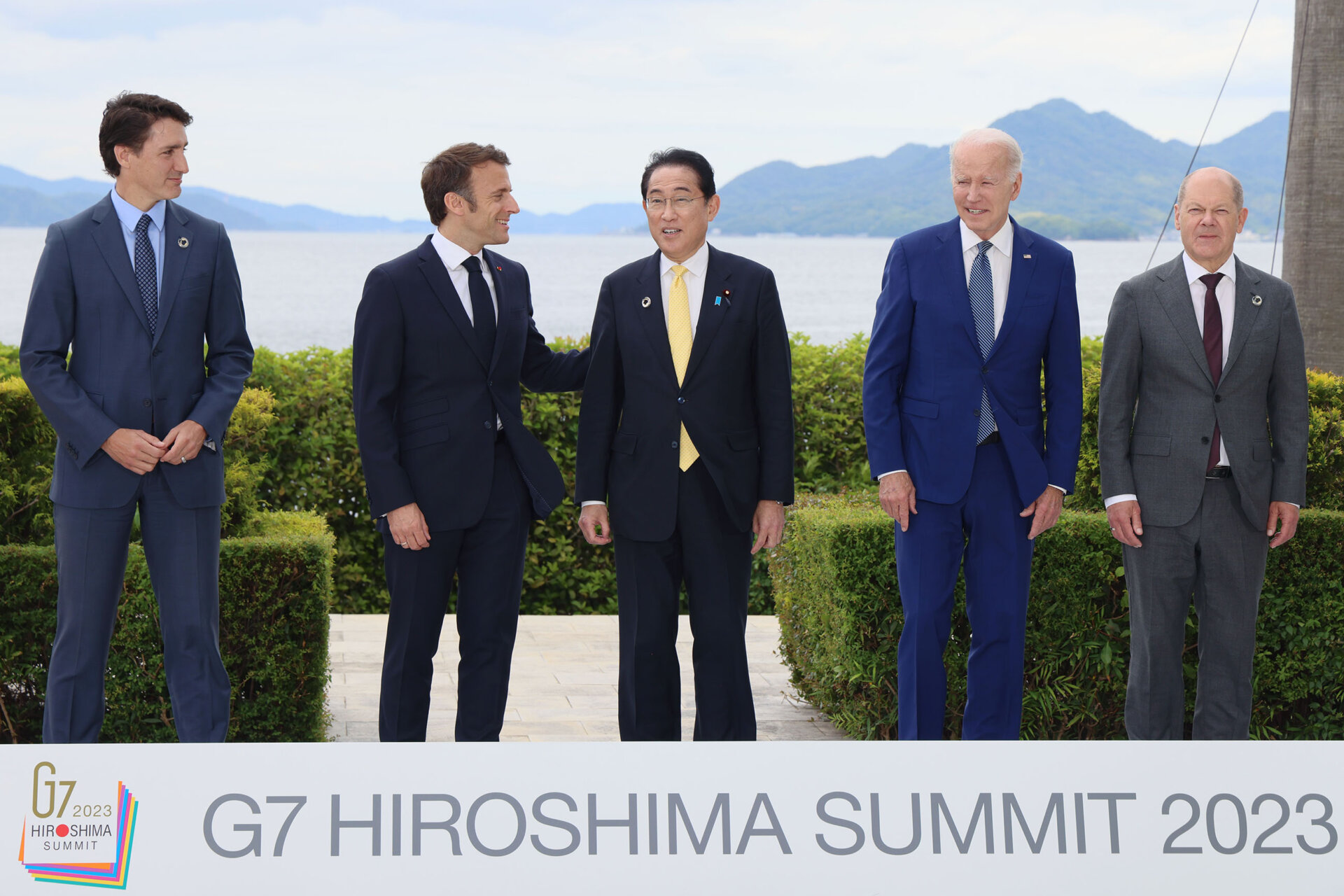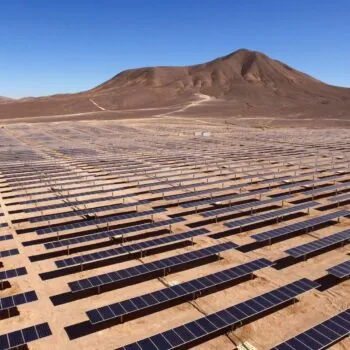Japan’s G-7 presidency was set against the volatile backdrop of the continuing Russian invasion of Ukraine, which spurred many of its peers and trading partners to accelerate their clean energy transitions to improve energy security. Throughout the year, extreme weather events have continued to break records, heightening global awareness of the devastating impact of climate change. In this context, Japan had the opportunity to establish its credentials as a progressive leader in global climate and energy diplomacy, and simultaneously future-proof its economy by joining its G-7 peers in a stronger push for clean energy leadership.
So far, that opportunity remains unused. However, Japan can still contribute as a climate and energy leader at COP28.
Historically, climate leadership has not been a strong area for Japan. While the country has received praise for its contribution to the Sustainable Development Goals on global health, it has failed to impress on advancing the transition to a decarbonized power system. Japan is widely seen to lag behind its G-7 peers in this essential area for climate mitigation.
This is an excerpt from an opinion piece originally published on The Diplomat. You can read the original here.


